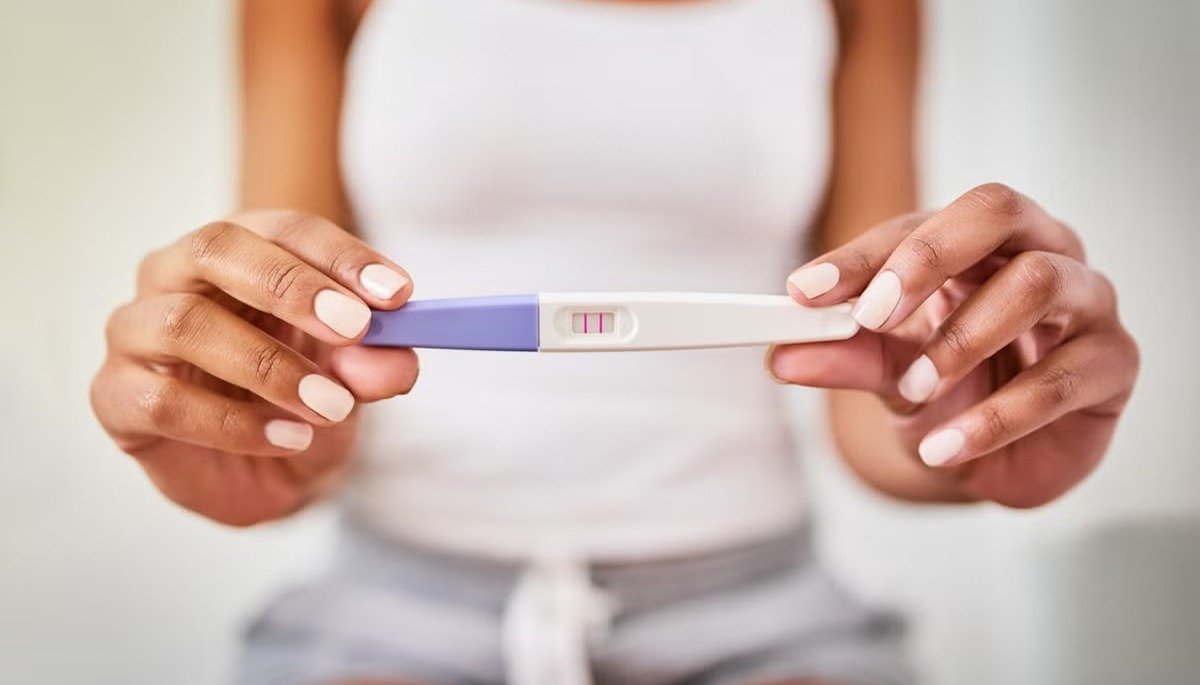Women who experience puberty before the age of 11 or give birth before turning 21 may face significantly higher health risks later in life, according to a new study. The research reveals that early reproductive events can double the risk of developing Type 2 diabetes, heart failure, and obesity, and increase the likelihood of severe metabolic disorders by four times.
Researchers have found strong genetic links between the timing of puberty and childbirth and long-term health outcomes. The study shows that women who undergo later puberty and delay childbirth tend to live longer, experience less frailty, age more slowly on a biological level, and have a lower risk of age-related diseases, including Alzheimer’s and Type 2 diabetes.
“Genetic factors that promote early reproduction appear to come with hidden costs,” said lead researcher and professor Pankaj Kapahi. “While early reproduction may enhance survival chances for offspring, it seems to accelerate ageing and increase disease risk for the mother.”
The findings are based on a comprehensive regression analysis involving nearly 200,000 women in the UK. Researchers identified 126 genetic markers that link early reproductive events with ageing-related outcomes. One of the key mediators in this process is Body Mass Index (BMI). The study found that women who experience early puberty or childbirth often have a higher BMI, which in turn raises the risk of metabolic diseases.
The study also explored how the body’s ability to absorb nutrients, while advantageous for supporting a pregnancy, can become a liability in nutrient-rich environments, potentially leading to obesity and diabetes.
Experts say these insights could help shape personalized health strategies. “Understanding how reproductive timing influences long-term health opens the door to preventive measures,” Kapahi added. He emphasized that lifestyle changes, regular metabolic screenings, and customized dietary plans could help mitigate these risks.
The study underscores the need to consider reproductive history as a crucial factor in women’s long-term health planning.





